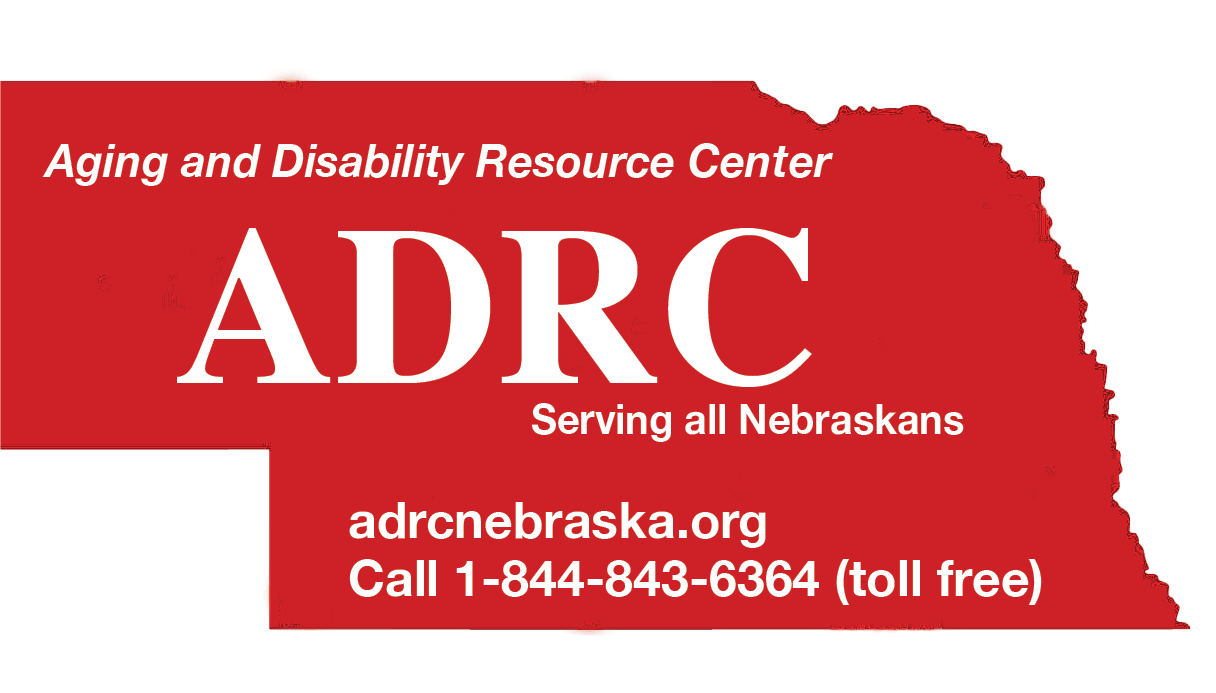Jordan's Journey with Pediatric ABI

My name is Jordan and I’m now 17 years old. My family’s life had a major change in June 2007. I had two seizures and an MRI that showed a brain tumor. Shortly before my fourth birthday, I had brain surgery to remove a tumor in my cerebellum. We are grateful our doctor ordered the test and contacted the brain surgeon. After my second surgery, my parents expressed concerns about the many disabilities they saw. We went home from the hospital with the assurance that I would soon be back to myself. At my first follow-up appointment when my parents expressed concerns about my lack of emotion control, the surgeon told them to do a better job of parenting.
I received physical therapy (PT) and occupational therapy (OT) for six months to help regain my motor skills. I felt scared and frustrated that I couldn't run and play like before. Other children in my neighborhood made fun of me or picked on me because I couldn’t do things like before. I had leg pain and felt sick to my stomach a lot.
During kindergarten, I began having complex partial seizures again. Before medication, my seizures looked a lot like grand mal seizures with all the physical symptoms and while on medicine I sometimes experienced milder seizures when I wasn't alert for short periods of time. I had appointments with a pediatric neurologist for seven years who prescribed periodic EEGs and medication through sixth grade. I also had periodic MRIs for ten years to evaluate for tumor growth. Doctors said the brain tumor and seizures were two completely separate medical conditions.
School was hard, I couldn’t remember letters or words and received consequences; like detentions, office referrals, being moved to the “safe seat” or hallway, and skipping recess; because I bumped into other students and when I was frustrated or overwhelmed and couldn’t respond. During kindergarten, my parents had me evaluated by a child development specialist who said I was an unusual case and in first grade I was evaluated in school for a Special Ed Individual Education Plan (IEP).
Before third grade I had a brain injury assessment at Madonna. The PT asked me if I fell down a lot and told us she didn’t know how I stood up as I was using my muscles all wrong to compensate for my lack of balance. She prescribed physical therapy and shoe orthotics so my feet would give my brain better information. The local PT had said I just needed new shoes more often. I was also evaluated by OT, speech, and neuropsychology, who confirmed my disabilities were real, including physical, academic, executive functioning and emotion control. I had two more brain injury assessments, before entering middle school and high school, attempting to give the school current information about my disabilities.
School continues to be difficult, from kindergarten through high school; with many office referrals, detentions, and adults not providing my IEP accommodations even when I attempt to self-advocate. Calling me names has been acceptable, with adults often telling me it wasn’t that bad or that we didn’t report it correctly. I often beg my parents to not go to school or allow me to leave school early. The underlying feeling is always that my disabilities aren’t real and I’m just not trying. My parents often meet with teachers and administrators to explain my brain injury, provide materials for them to read, and request extra IEP meetings - inviting additional people to help expand understanding. Sometimes the school backs off the punishments for a while, until I switch teachers and the process starts all over.
For my May 2019 Multi-Disciplinary Team (MDT) testing review (MDT testing is required every three years to validate IEP identification) and IEP meeting, the neuropsychologist who’d performed my most recent evaluation joined the meeting by phone. She mostly listened to the meeting and gave a summary statement before hanging up, that she didn’t understand the culture at my school because I’d overcome so much with brain injury and instead of providing me support to be successful, they were penalizing me for small things. During that MDT, my IEP identification was changed from Other Health Impaired (OHI) to Traumatic Brain Injury (TBI). In the past the school and Nebraska Department of Education indicated that I could not be identified as TBI because my brain injury was acquired rather than traumatic. By changing my IEP identification to TBI, I hope teachers will better understand my disabilities. When you treat a brain injury like a behavior disorder, you often get the opposite response.
My parents continue to work with the school on accommodations rather than punishments of taking away activities I do well and enjoy like basketball and track.
I am currently a high school junior and in the future, I hope to share my enjoyment of sports. I would like to use my personal experience to help students succeed by being understanding and supportive of people like me.
Our Associations & Memberships
-
 Nonprofit Association of the Midlands
Nonprofit Association of the Midlands -
 NAM Best Practices Partner
NAM Best Practices Partner




